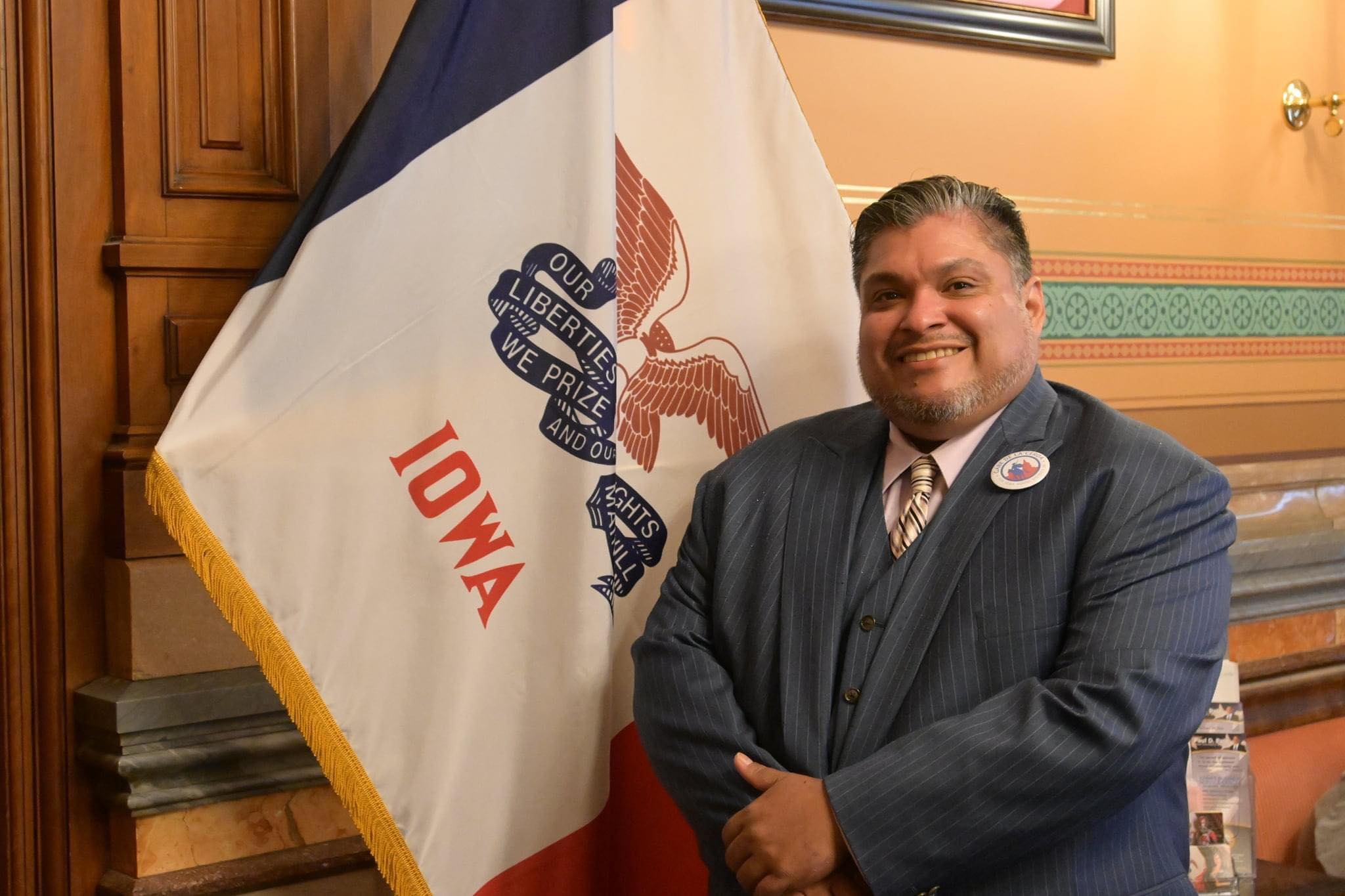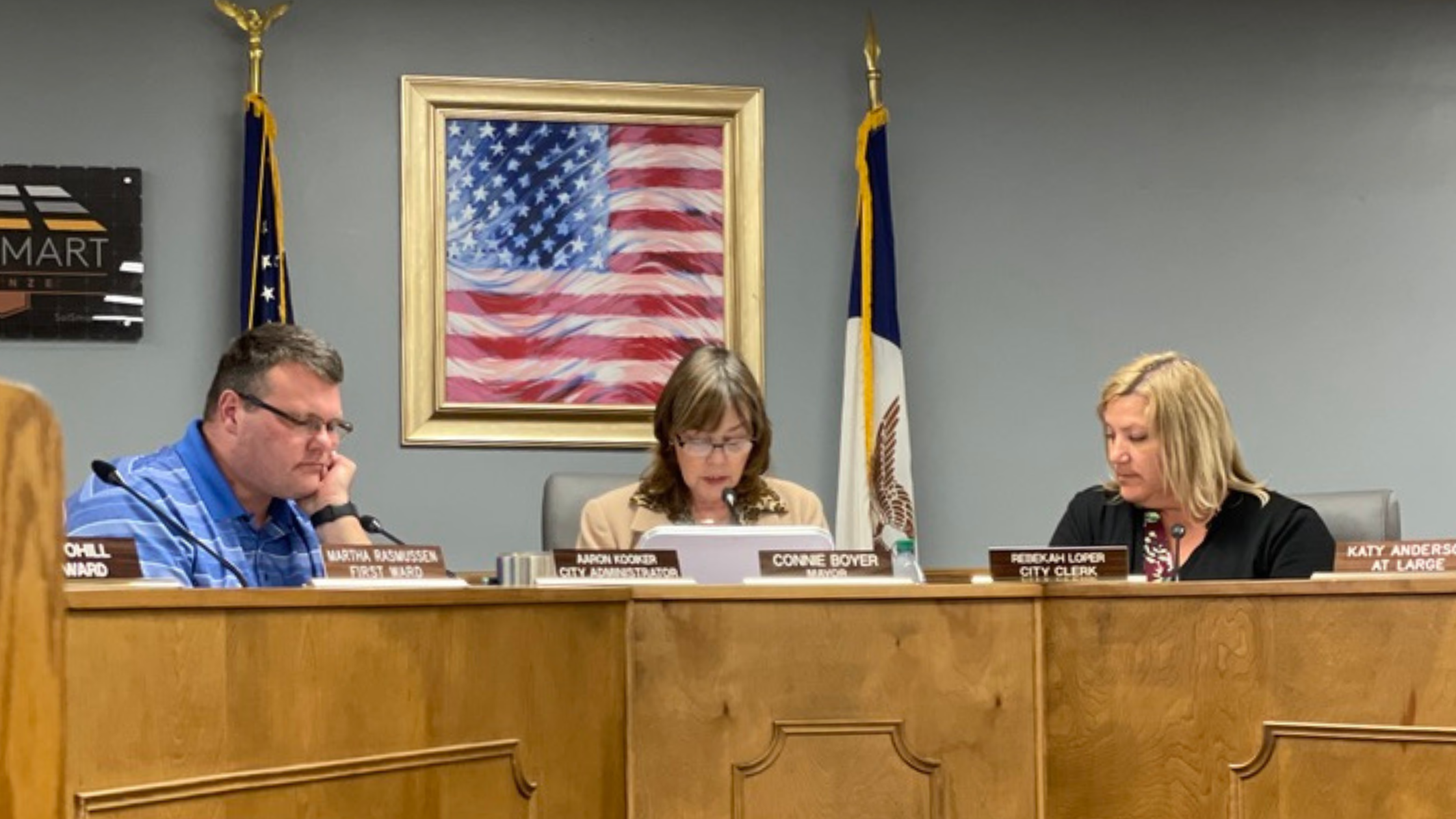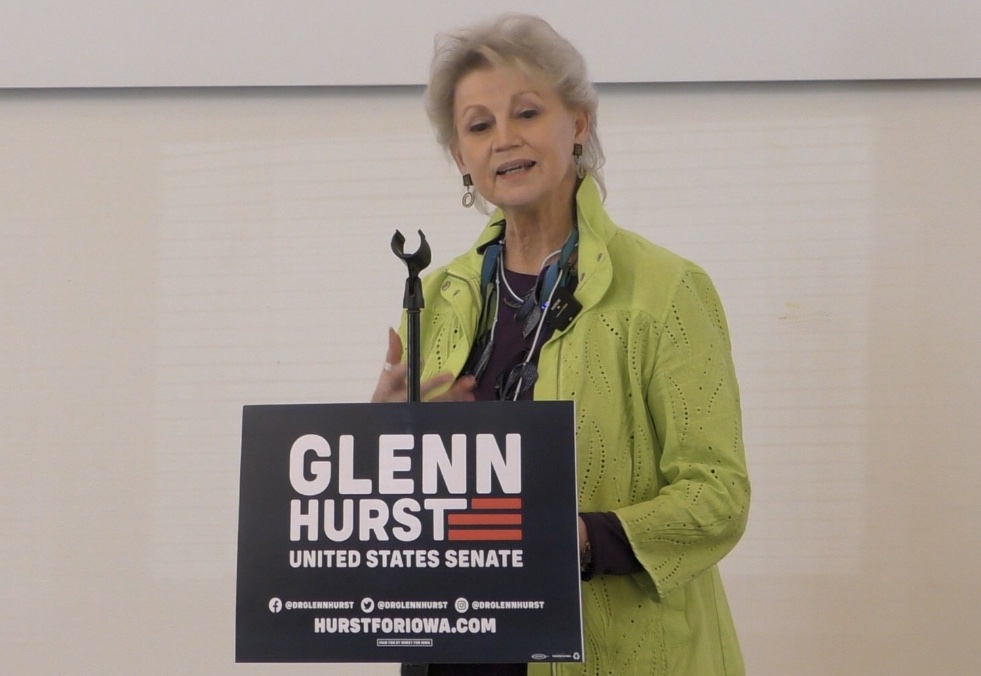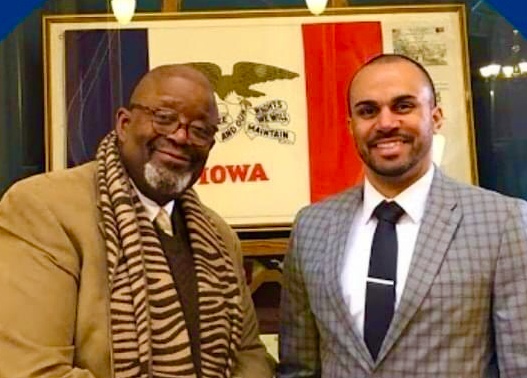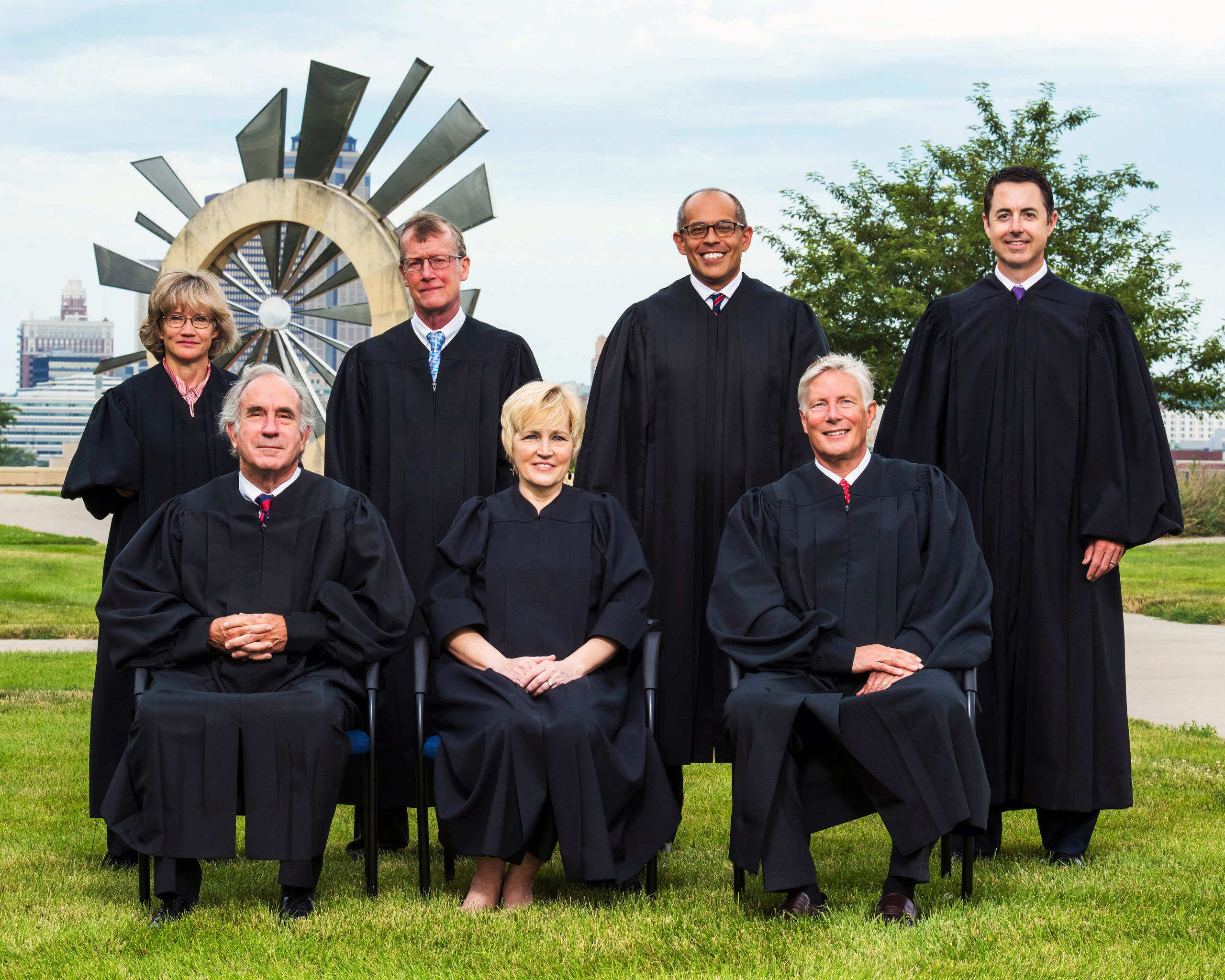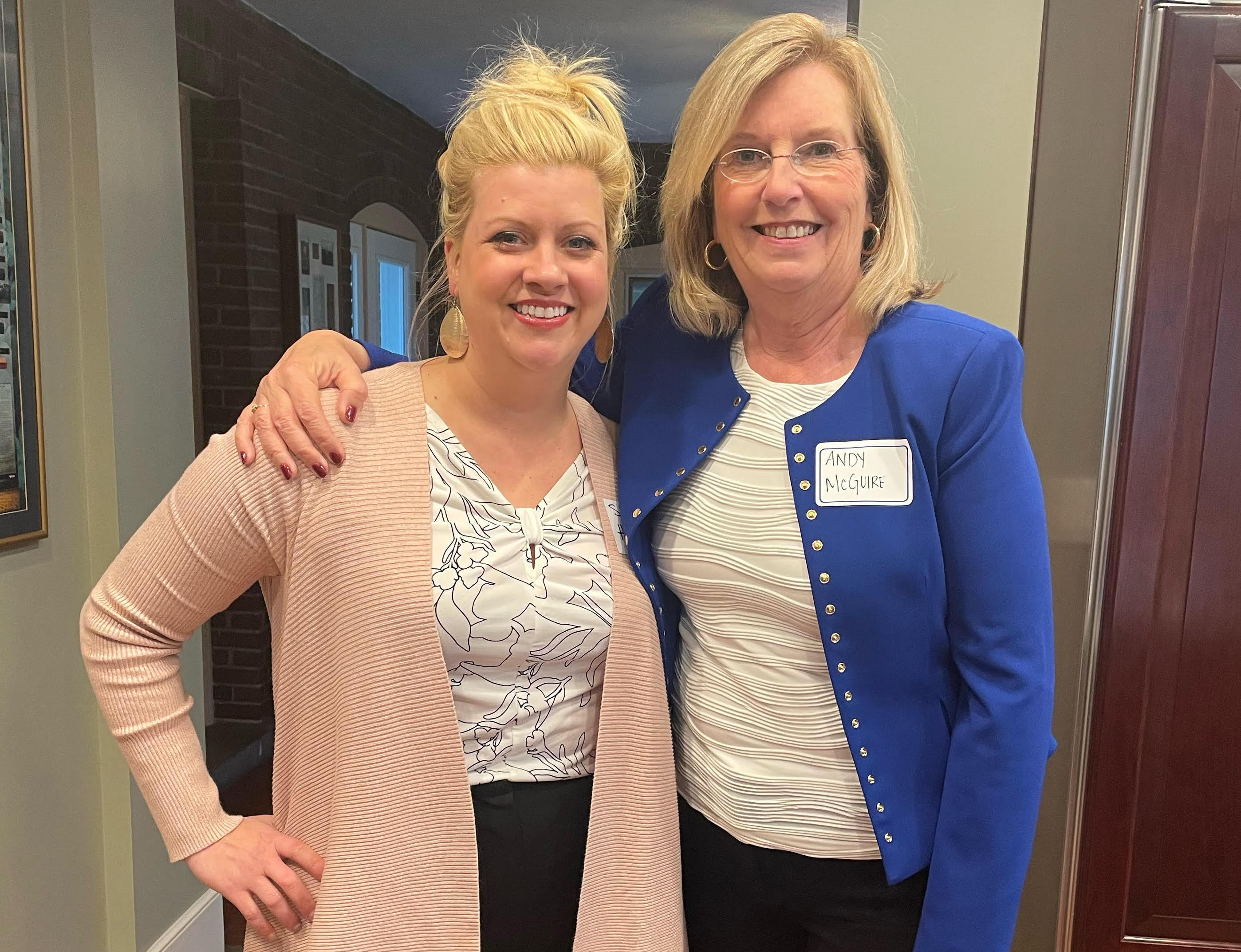Julie Russell-Steuart is a printmaker and activist who chairs the Iowa Democratic Party’s Disability Caucus.
Glenn Hurst is a rural doctor in the small southwestern Iowa town of Minden and a founding member of Indivisble Iowa, whose activism helped elect U.S. Representative Cindy Axne. He faces Abby Finkenauer and Mike Franken in the June 7 Democratic primary for U.S. Senate.
Dr. Hurst has earned our endorsement for his strong experience advocating for people with disabilities and because he is laser focused on improving the lives of the American people in crucial ways.
Continue Reading...



